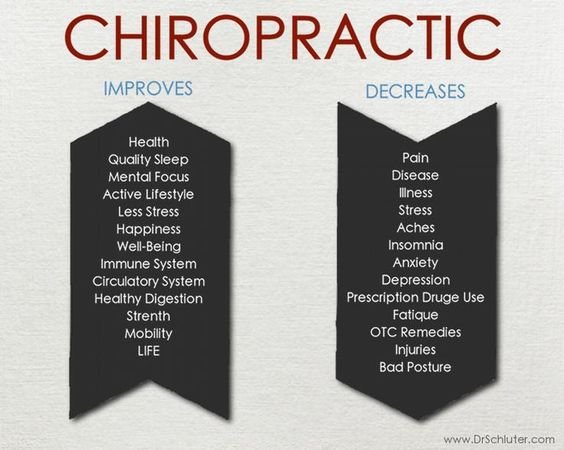Nourishment'S Effect On Back Pain Alleviation: Dietary Choices To Accept And Those To Stay Away From
Nourishment'S Effect On Back Pain Alleviation: Dietary Choices To Accept And Those To Stay Away From
Blog Article
Post By-Cochrane Wiese
When it pertains to handling your back pain, the food selections you make can substantially impact how you feel each day. Visualize being able to relieve your pain just by adjusting what you consume. By comprehending the role of nutrition in neck and back pain monitoring and knowing which foods to integrate or avoid, you can take aggressive steps in the direction of a healthier and a lot more comfy lifestyle. The connection in between nourishment and back health and wellness is a lot more extensive than you may recognize-- let's explore how certain foods can either calm or intensify your pain in the back.
Significance of Nutrition in Back Pain
Nourishment plays a critical role in managing neck and back pain. Your diet can dramatically impact swelling levels and general pain levels in your back. Consuming https://healthcare.utah.edu/the-scope/shows.php?shows=0_vfang5tz balanced diet rich in nutrients like vitamins D and K, calcium, magnesium, and omega-3 fatty acids can help in reducing swelling and reinforce bones, which are crucial for back health and wellness.
Additionally, maintaining a healthy weight with appropriate nourishment can relieve tension on your spinal column, lowering the threat of pain in the back.
Additionally, specific nutrients like antioxidants located in vegetables and fruits can help deal with oxidative stress and anxiety and advertise healing in the body, including the back muscles and back.
On the other hand, consuming too much amounts of refined foods, sweet drinks, and unhealthy fats can contribute to swelling and weight gain, worsening pain in the back.
Foods to Consume for Back Health
To sustain a healthy back, integrating nutrient-rich foods right into your everyday dishes is crucial. Including foods high in anti-oxidants like berries, spinach, and kale can help reduce swelling in your back, reducing discomfort and discomfort. Omega-3 fatty acids discovered in fatty fish such as salmon and mackerel have anti-inflammatory residential properties that can profit your back health.
Furthermore, taking in nuts and seeds like almonds, walnuts, and chia seeds provides important nutrients like magnesium and vitamin E, which sustain muscle feature and decrease oxidative tension. Integrating lean healthy proteins such as chicken, turkey, and tofu can assist in muscular tissue fixing and upkeep, promoting a strong back.
Do not neglect to include dairy or strengthened plant-based options for calcium to support bone health. Finally, moisten with lots of water to maintain your spine discs moistened and working ideally. By including these nutrient-dense foods in your diet plan, you can nourish your back and support total spine health and wellness.
Foods to Avoid for Pain In The Back
Select staying clear of processed foods high in sugarcoated and trans fats when seeking remedy for neck and back pain. harlem chiropractor of foods can add to inflammation in the body, which may aggravate neck and back pain. Say no to sugary snacks sweet, breads, and sugary drinks, as well as junk food items like burgers, fries, and fried hen that are typically loaded with trans fats.
In addition, steer clear of foods having high degrees of polished carbs, such as white bread, pasta, and breads, as they can spike blood glucose degrees and possibly aggravate swelling in the body.
It's additionally important to restrict your intake of foods high in saturated fats, like red meat and full-fat dairy products, as they can add to swelling. Processed foods like deli meats, chips, and packaged treats are typically high in hydrogenated fats and must be consumed in small amounts.
Conclusion
Finally, taking note of your diet plan and making smart food selections can have a substantial influence on managing pain in the back. By incorporating nutrient-rich foods like berries, fatty fish, nuts, and lean proteins, and preventing processed and sugary items, you can help in reducing swelling and assistance on the whole back health. Keep in mind, what you consume plays an essential role in just how you really feel, so ensure to prioritize your nourishment for a much healthier back.
